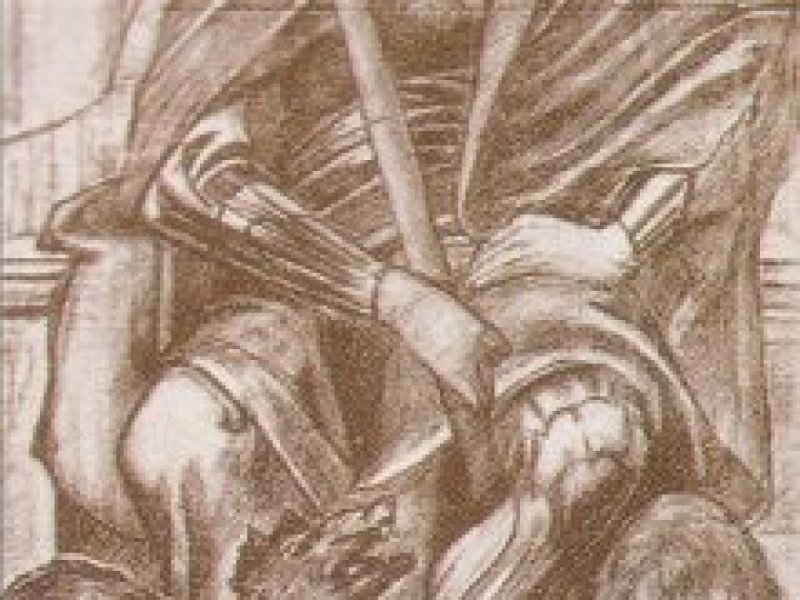The Dísir
The dísir were lesser female deities in the Norse religion. They were female fertility beings or spirits with the power to protect home and crops. The dísir could also assist women in childbirth.
The word dísir means "divine ladies" or "goddesses", but they were lower than Asyniur, which is the female version of the word Aesir. The goddess Freyja was known as Vanadis, which is the "dís of the Vanir".
In the Icelandic poem Sigrdrifumal ("Lay of Sigrdrifa", which is part of the Poetic Edda), the Valkyrie Sigrdrifa (she was known elsewhere as Brynhild) knew a spell called helping-runes:
Helping-runes you must know if you want to assist
and release children from women;
they shall be cut on the palms and clasped on the joints,
and then the dísir asked for help.
Sigrdrifumal 9, from Poetic Edda
translated by Carolyne Larrington
Annual festivals were held in honour to the dísir either around the end of autumn or the beginning of winter, called disablót ("Sacrifice of the Dísir") or disfest ("Feast of the Dísir").
They were probably the female divinities mentioned in the first spell of the Merseburg charms as idisi.
Related Information
Name
Dísir, Disir – "goddesses" or "divine ladies".
Idisi?
Related Articles
By Jimmy Joe





